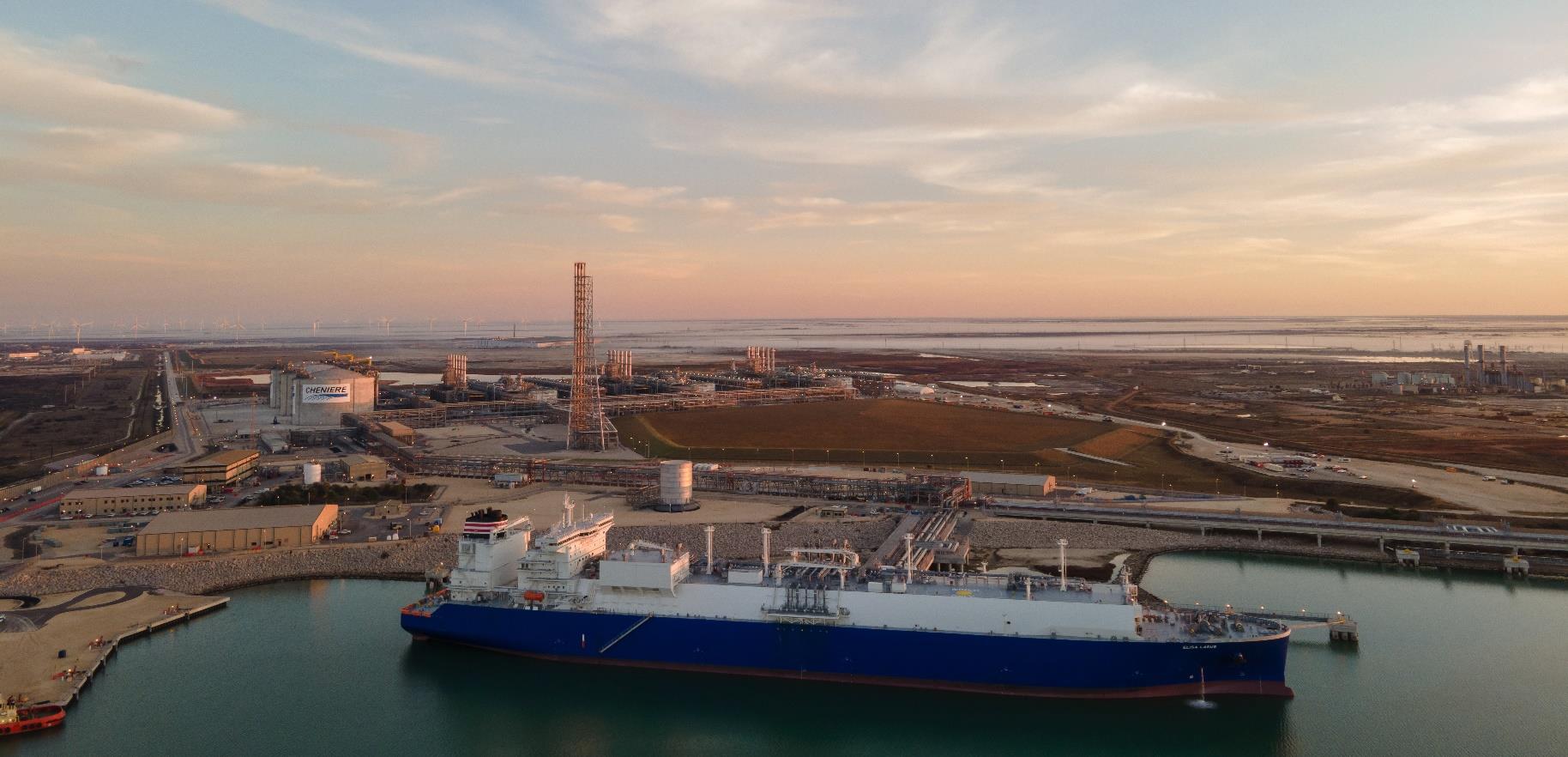US LNG exports rose in the week ending October 20 when compared to the week before, while the Henry Hub spot price logged a decrease.
The Energy Information Administration said in its weekly natural gas report that the US has exported 20 LNG shipments between October 14 and October 20.
This compares to 16 LNG cargoes during the prior week.
Also, natural gas deliveries to US LNG export facilities averaged 10.9 Bcf/d, or 0.4 Bcf/d higher than last week.
Four US terminals exported the 20 cargoes during the week under review. The total capacity of LNG vessels carrying these cargoes is 74 Bcf, compared to 58 Bcf in the week before.
Cheniere’s Sabine Pass plant dispatched eight cargoes, while its Corpus Christi plant sent four shipments. The Freeport LNG terminal and Cameron each sent four cargoes as well.
The Cove Point LNG export facility in Maryland is also now back in action following the completion of a three-week maintenance outage but it did not export cargoes. The facility resumed operations on October 12.
Henry Hub down
This report week, the Henry Hub spot price fell from $5.45/MMBtu last Wednesday to $4.79/MMBtu this Wednesday, the agency said.
Prices reached a weekly high of $5.83/MMBtu on Friday before gradually tapering off to a weekly low this Wednesday.
IHS Markit estimates average weekly supply into Southern Louisiana, where the Henry Hub is located, fell by approximately 220 million cubic feet per day (MMcf/d) this report week as a result of lower receipts from the north and lower offshore production.
LNG feed gas to terminals in Southern Louisiana also declined this report week, despite the gradual start-up of Venture Global’s Calcasieu Pass LNG terminal.
On October 18, Venture Global received approval from the Federal Energy Regulatory Commission (FERC) to begin introducing natural gas to its hot oil heaters and the warm flare at the export terminal, which is located on the coast of the Gulf of Mexico just south of Lake Charles, Louisiana.
LNG prices and TTF rise
International natural gas prices rose this report week.
Bloomberg Finance reported that swap prices for November LNG cargoes in East Asia rose for the eighth week in a row to a weekly average of $33.92/MMBtu this report week. This marked the highest weekly average on record since January and 68 cents/MMBtu above last week’s average of $33.24/MMBtu.
At the Dutch Title Transfer Facility (TTF), day-ahead prices rose this report week to a weekly average of $30.43/MMBtu, up $1.03/MMBtu from last week’s average of $29.40/MMBtu.
In the same week last year (week ending October 21, 2020), prices in East Asia and at TTF were $5.72/MMBtu and $5.08/MMBtu, respectively, the agency said.

